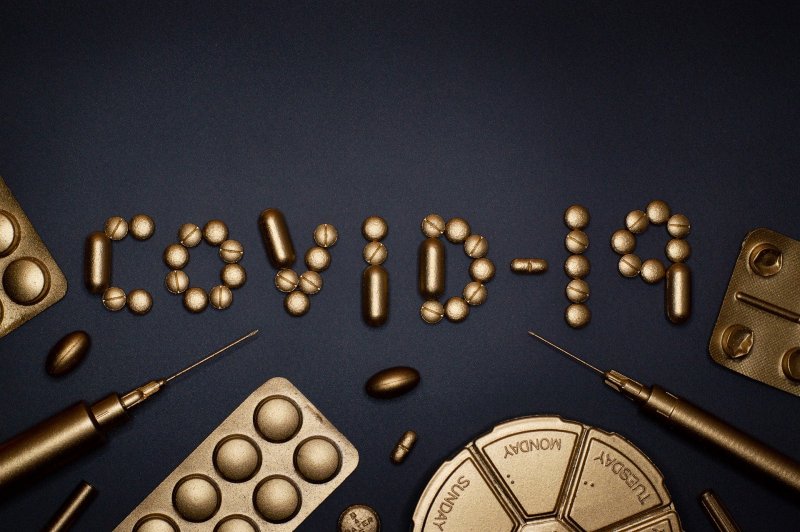Each week, The Daily’s Science & Tech section produces a roundup of the most exciting and influential research happening on campus or otherwise related to Stanford. Here’s our digest for the weeks of Aug 30 – Sept 12.
Coronavirus antibodies treatment in phase II experimental trials
Stanford Medicine researchers are participating in a phase II multi-site clinical trial to test an antibody-drug designed to diminish early COVID-19 symptoms in patients with mild to moderate cases. Preliminary results are expected later this month.
“The goal is to see if we can get sick people better faster, reducing both the length of their illness and how long they are shedding the virus, and therefore help prevent others from getting sick,” Department of Emergency Medicine Chair Andra Blomkalns told Stanford Medicine News. “I think this treatment shows great promise.”
At Stanford Hospitals, the clinical site aims to enroll 20 to 40 patients who have tested positive for COVID-19. The experimental treatment involves using antibodies from patients who have recovered from COVID-19, then injecting these antibodies into COVID-19 positive patients.
“Our hope is to effect treatment early in the course of disease, before it has time to progress further and potentially damage organs,” Blomkalns said.
Microorganism yeast cells reprogrammed to produce plant-based drugs
Yeast cellular machinery can be genetically reprogrammed to change these microscopic organisms into factories that convert sugar and amino acids into plant-based drugs, a study published on Sept. 2 in “Nature” reports.
“The drug shortages we’re seeing around the COVID-19 crisis drive home why we need new and more reliable ways to source these plant-based medicines, which take months to years to grow and come from a few countries, where climate change, natural disasters and geopolitical issues can disrupt supplies,” bioengineering professor Christina Smolke told Stanford News.
The findings suggest that by making genetic modifications to the organelles found in yeast cells, the team can manipulate cellular processes to manufacture the desired chemical drug. In this case, researchers wanted to produce tropane alkaloid molecules for medicinal uses.
“Plants are the world’s best chemists,” Smolke said. “We want to recapitulate their unique and useful chemistries in domesticated microbes to build complex molecules inspired by the natural world but tailored to better meet human needs.”
Mosquito-borne disease likelihood increases as climate warms
In Sub-Saharan African, malaria rates are predicted to decrease, while other mosquito-borne diseases such as dengue fever, will increase significantly due to warming climates and urbanization, a study published on Sept. 9 in “Lancet Planetary Health” reports.
“Climate change is going to rearrange the landscape of infectious disease,” biology assistant professor Erin Mordecai told Stanford News. “Chikungunya and dengue outbreaks like we’ve recently seen in East Africa are only becoming more likely across much of the continent. We need to be ready for this emerging threat.”
The Aedes aegypti mosquito can transmit a wide variety of diseases, including Rift Valley Fever, yellow fever, Zika, chikungunya and dengue. The findings suggest that Aedes aegypti breeding grounds have expanded due to urbanization and warming climate. The mosquitos enjoy living in human-made water containers, like buckets or water storage tanks, and warm temperatures.
“It’s vital to focus on controlling mosquitoes that spread diseases like dengue because there are no medical treatments for these diseases,” pediatrics professor Desiree LaBeaud told Stanford News. “On top of that, a shift from malaria to dengue may overwhelm health systems because diseases introduced to new populations often lead to large outbreaks.”
Contact Derek Chen at derekc8 ‘at’ stanford.edu.
